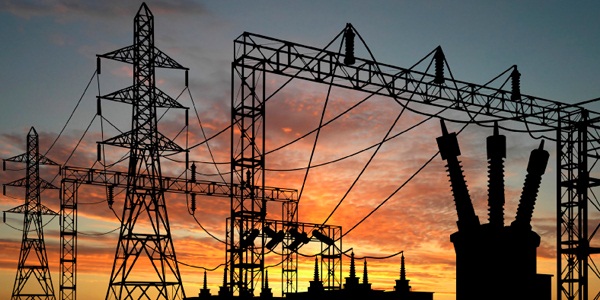Despite a significant increase in electricity prices and the imposition of a debt servicing surcharge, Pakistan’s power sector circular debt has ballooned to a staggering Rs2.31 trillion by the end of June 2023. This troubling development comes as a result of inefficiencies, theft, and mounting losses faced by power distribution companies.
Official statistics revealed that during the fiscal year 2022-23, the Pakistan Democratic Movement (PDM) government could not make any meaningful improvements in the dire state of the power sector, leading to a gross increase of Rs789 billion in circular debt, averaging nearly Rs66 billion per month.
Excluding the impact of the electricity price hikes and budget subsidies, there was still a net rise of Rs57 billion in circular debt during the last fiscal year, reversing a decrease seen the previous year.
The circular debt stood at Rs2.253 trillion at the beginning of FY23 and surged to Rs2.31 trillion, according to officials from the energy ministry.
In response to conditions set by the International Monetary Fund (IMF) and World Bank, the PDM government increased electricity prices twice in the past year. This included a Rs7.91 per unit tariff increase in July of the previous year and an additional Rs8 per unit hike from July of the current year. Furthermore, a debt servicing surcharge of Rs3.23 per unit was introduced, and subsidies for the agriculture and industrial sectors were withdrawn.
Despite these measures, per-unit electricity prices soared to over Rs50, and the bureaucracy and the previous political leadership struggled to rectify the issues plaguing power distribution companies. Consequently, some individuals with monthly incomes less than Rs20,000 received bills as high as Rs16,000 for July.
Detailed data indicated that power distribution companies in Faisalabad, Gujranwala, and Islamabad compensated for losses and theft incurred by consumers in Sindh. However, all power distribution companies combined failed to collect the targeted electricity bills. The Power Division’s Circular Debt Management Plan went unimplemented, leaving consumers in a state of distress.
Payables to power producers increased from Rs1.35 trillion in June of the previous year to Rs1.44 trillion by the end of June 2023. Despite this, the circular debt decreased by Rs35 billion to Rs765 billion during the review period due to budget subsidies, but an additional Rs111 billion was added in payables to fuel suppliers.
Of the Rs789 billion gross increase in circular debt, Rs396 billion resulted from inefficiencies and losses within power distribution companies and a lower bill recovery rate. The previous government contributed Rs160 billion to the circular debt due to losses incurred by these distribution companies, marking a 20 percent increase in just one year. Low bill recovery added another Rs236 billion, a 31 percent increase.
For the last fiscal year, the government had budgeted Rs570 billion in power subsidies, but this figure was raised to Rs912 billion following an agreement with the IMF. An additional Rs100 billion was added to the circular debt due to delays in payments to power producers, and Rs43 billion was added for interest payments to banks of Rs 765 billion held by a power holding company.
Despite the imposition of a debt servicing surcharge of Rs3.23 per unit, the government failed to contain the growing circular debt. Delays in the recovery of generation costs through quarterly and monthly fuel charges resulted in an additional Rs250 billion added to the circular debt.
The gross increase in circular debt was Rs789 billion, but Rs447 billion was offset through other means, such as prior years’ adjustments related to power tariff increases. Another Rs342 billion was reduced by paying subsidies from the budget, as per IMF requirements.

























The problem is free units in millions to some chosen and electricity theft. Please highlight these aspects adequately.